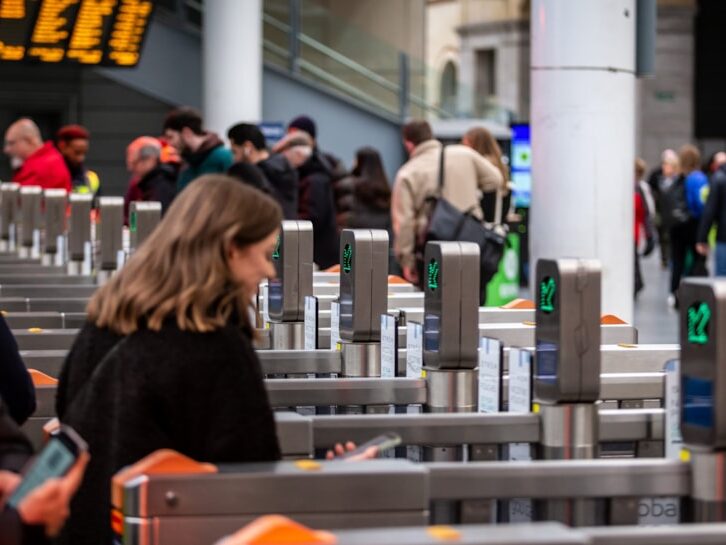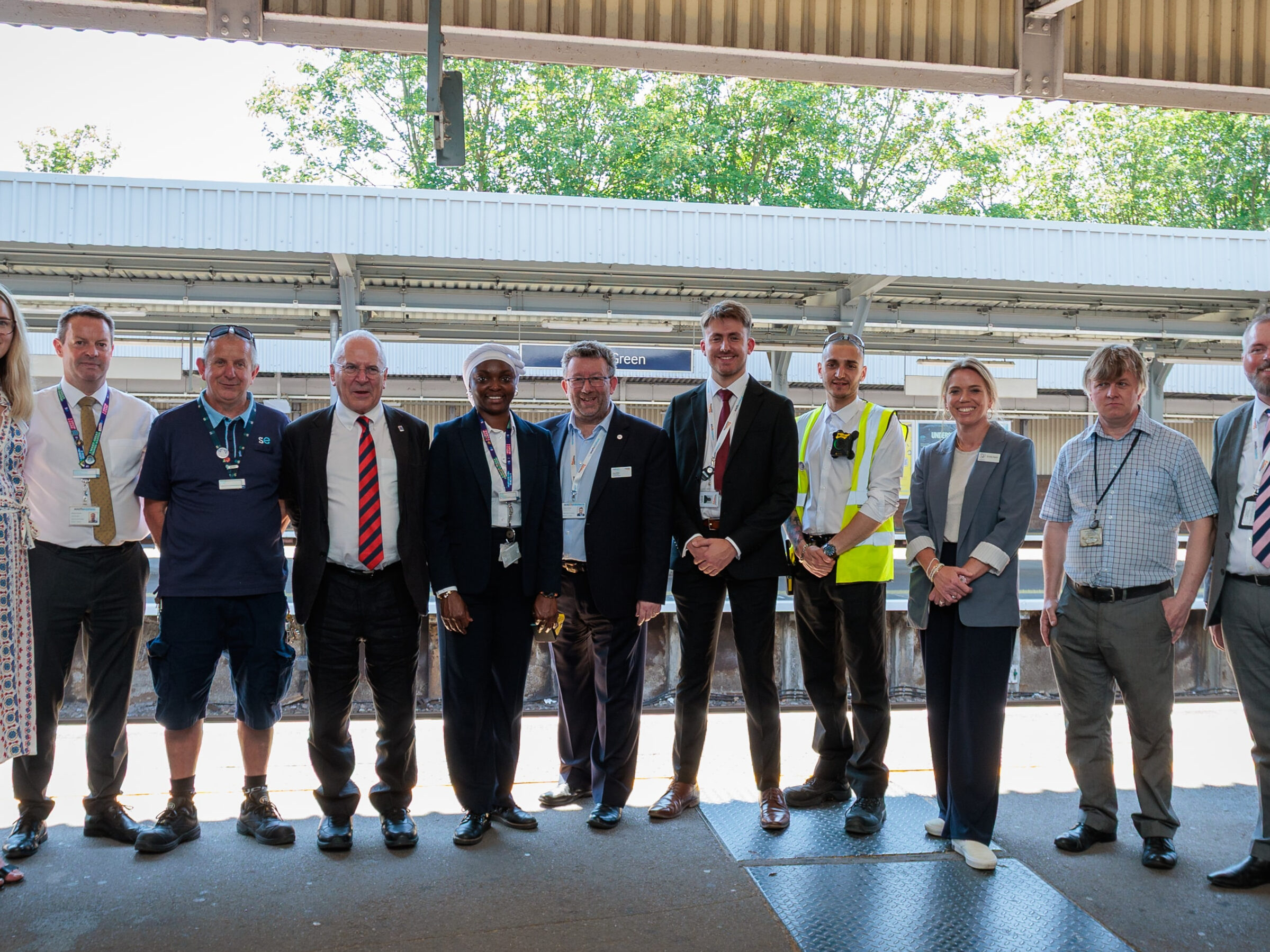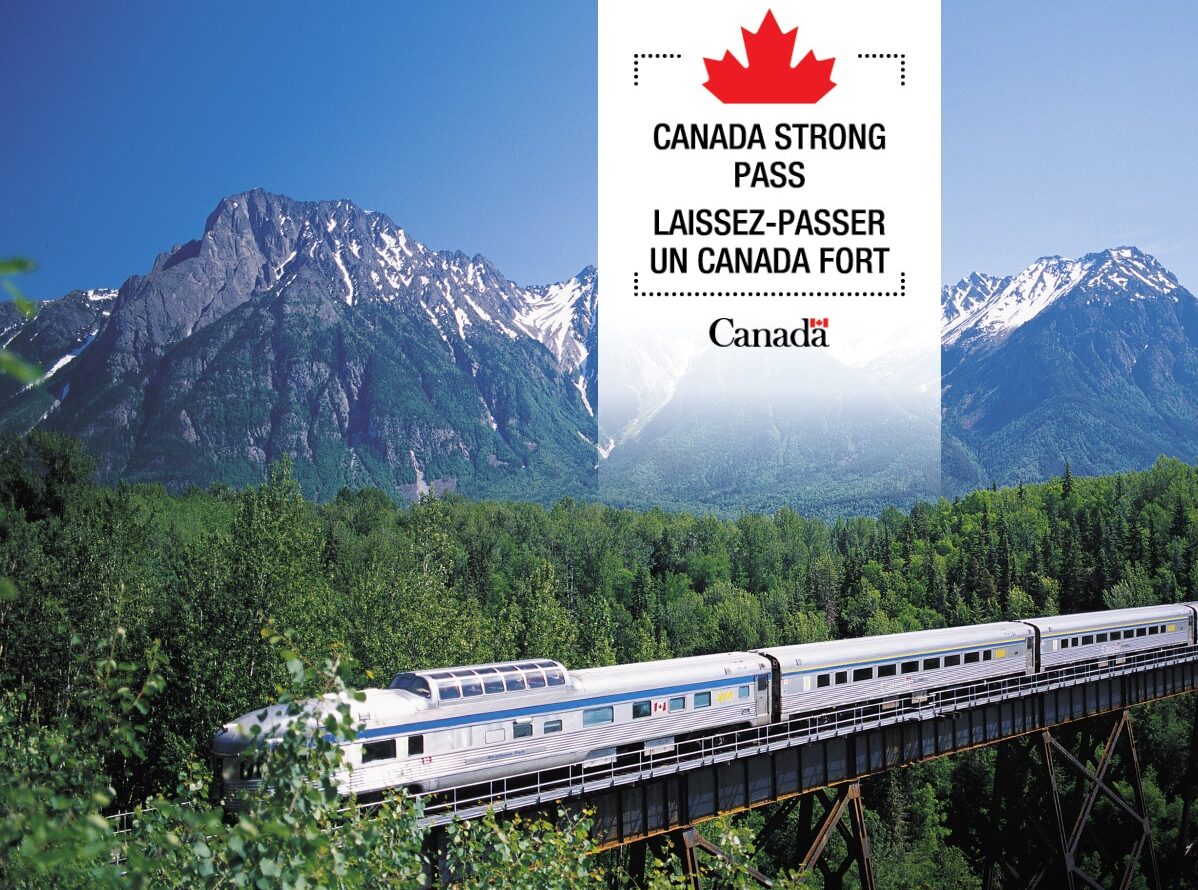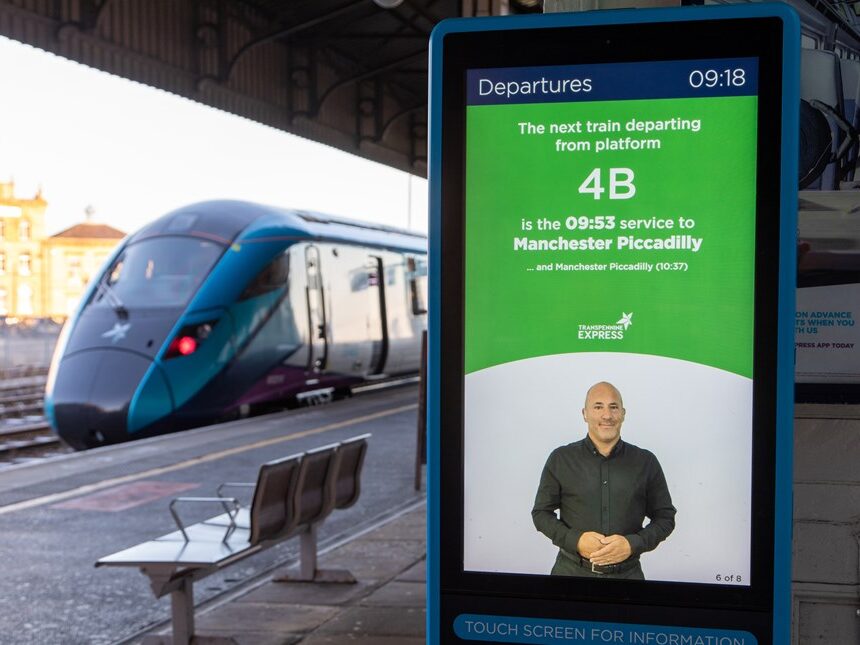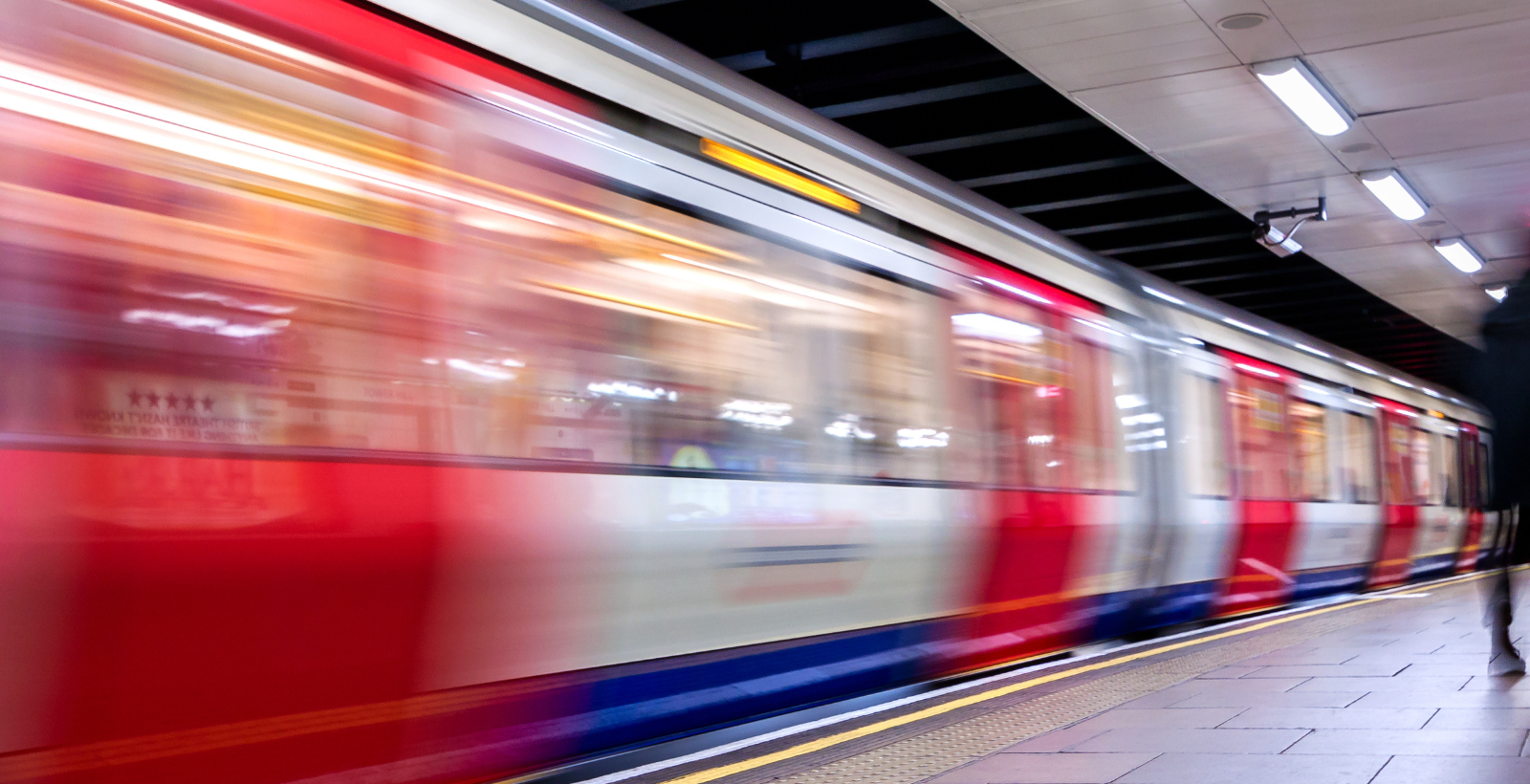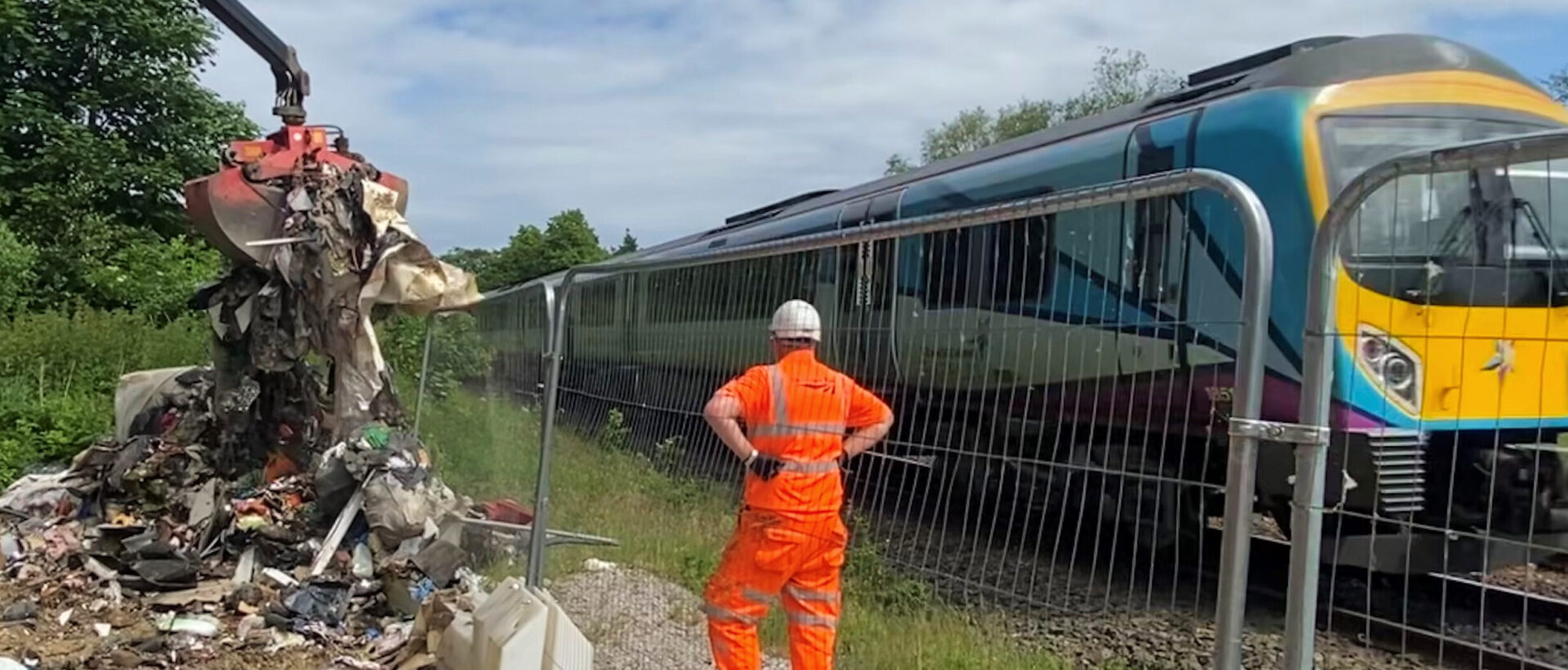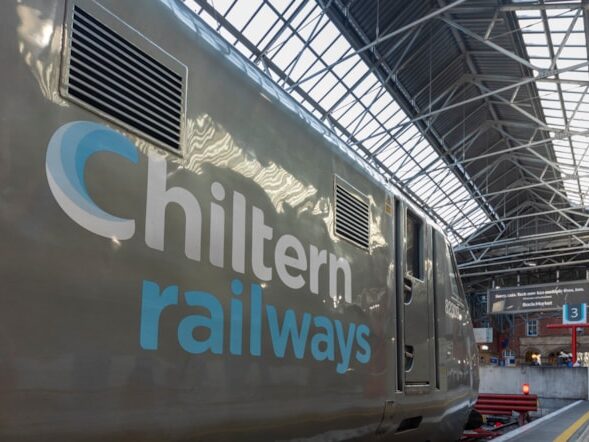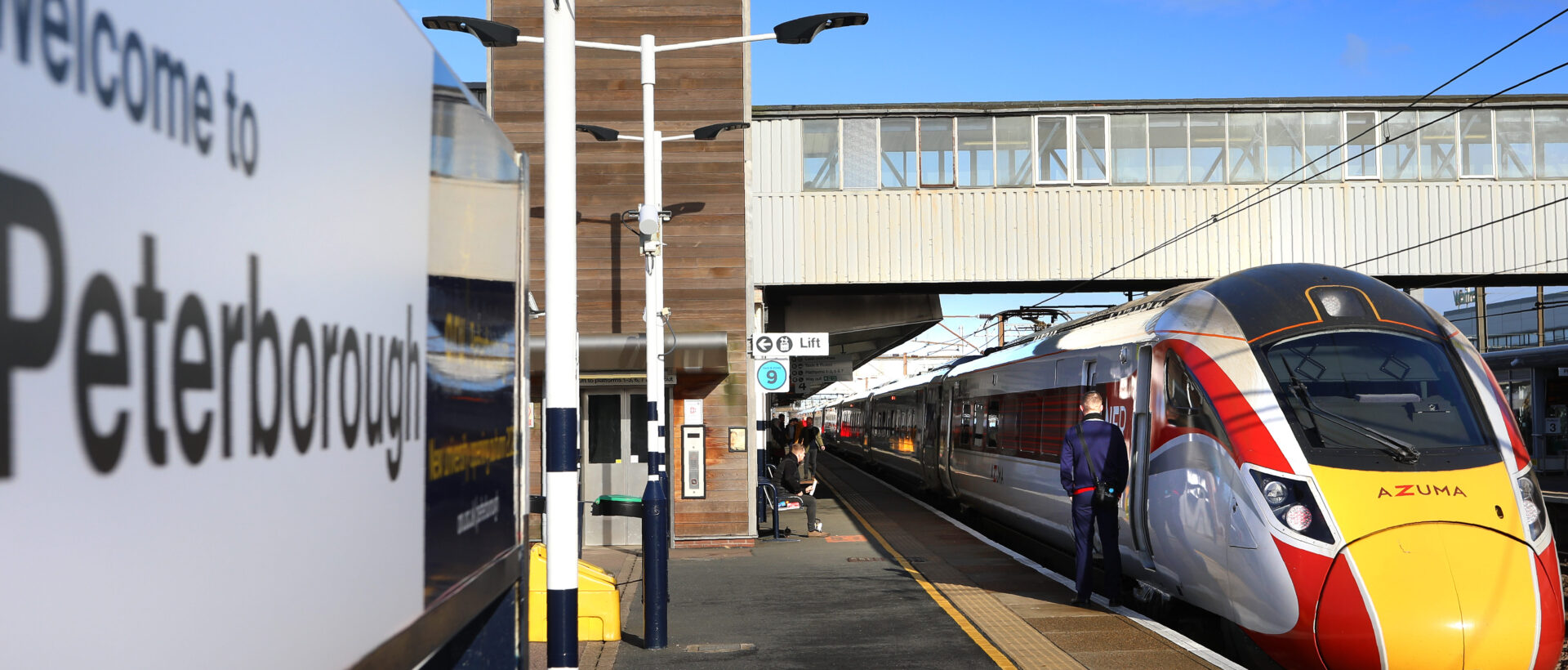Eurostar has responded to a report, commissioned by the Office of Rail and Road (ORR) and conducted by IPEX, outlining potential measures to increase capacity at the Temple Mills depot in London.
Eurostar has welcomed the findings, stating that they align with the company’s existing position. Although the report presents options for creating additional capacity, it also acknowledges that the depot is currently nearing its limits for major maintenance work, and investment would be required to support further growth. Changes to infrastructure would thus likely be required to facilitate access to extra space and enable more trains to be maintained at the site.
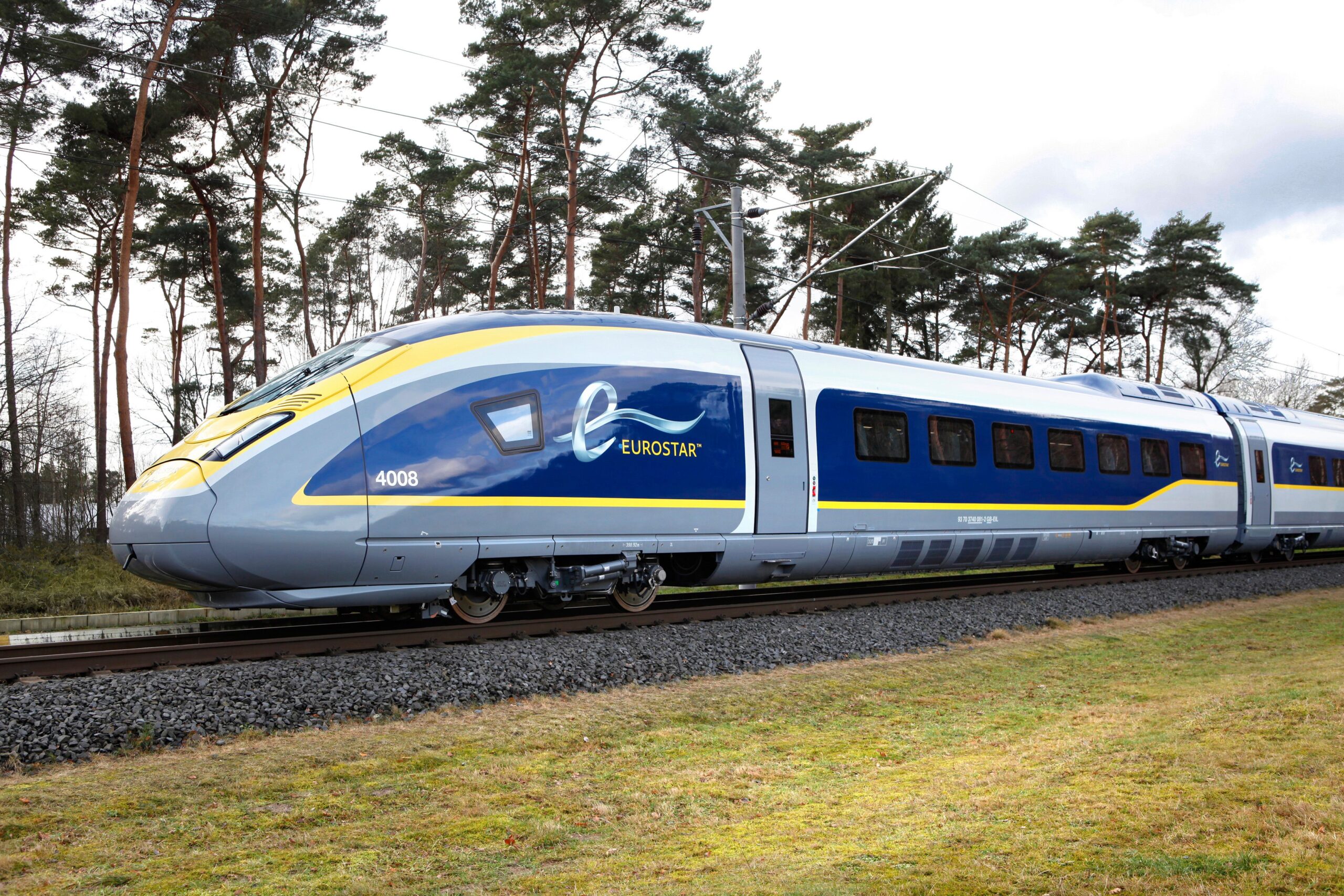
Eurostar also notes that the potential additional capacity would not be sufficient to accommodate all interested operators, including Eurostar and the three other organisations that have applied to access the facility.
Eurostar's official statement reads:Eurostar welcomes this independent study by the Office of Road and Rail. It confirms what Eurostar has said all along: the Temple Mills depot is effectively almost full today for major maintenance work and would require investment to meet the growing demands of international rail.
The options presented in the report could help create some capacity, but this would not be enough to accommodate the stated ambitions of any single operator. This includes the three organisations who have applied to the regulator and the needs of Eurostar itself.
Eurostar has complied fully with the regulatory process and will continue to do so. This is in advance of any train orders being placed – and years ahead of those trains being built and needing to access Temple Mills.
Through its response, Eurostar has also emphasised the broader issue of capacity constraints across international rail, not only at maintenance depots but also at stations, borders, and onboard services. The company has stated that it is prepared to invest in new maintenance facilities and other infrastructure to support its target of reaching 30 million passengers.
Notably, Eurostar has announced plans to invest close to 2 billion EUR in up to 50 new trains to meet the growing demand for international rail travel. To enable these plans, the company has called for broader discussions with the government and the regulator on how to enable further private investment in maintenance infrastructure.
Eurostar's official statement reads:We believe the conversation now needs to move beyond the inadequate space within the existing depot to look at the bigger picture. Capacity constraints have always been a challenge – whether in stations, at the borders or on-board trains. For 30 years, Eurostar has successfully found new solutions, working closely with stakeholders, and always with our customers in mind.
Demand for international rail and sustainable travel is at an all-time high, which is a hugely positive story for European connections and the planet. Eurostar is once again accelerating sustainable growth by aiming to reach 30 million passengers and will invest close to €2bn in up to 50 new trains for customers to enjoy.
Eurostar is willing to invest once again in new maintenance capacity and in many other areas to help deliver our ambitious growth plans. Other operators should consider investing in the system as well. We welcome the opportunity for discussion with government and the regulator to create an ambitious framework to unlock this private investment and deliver the economic growth, stronger connections and sustainable contribution which this historic moment for international rail travel promises to deliver.
While the report presents some potential measures for easing capacity constraints, Eurostar maintains that a larger strategic approach is needed to address long-term growth challenges. The company has expressed a willingness to engage with stakeholders to develop a framework that supports investment in international rail services and infrastructure.

















